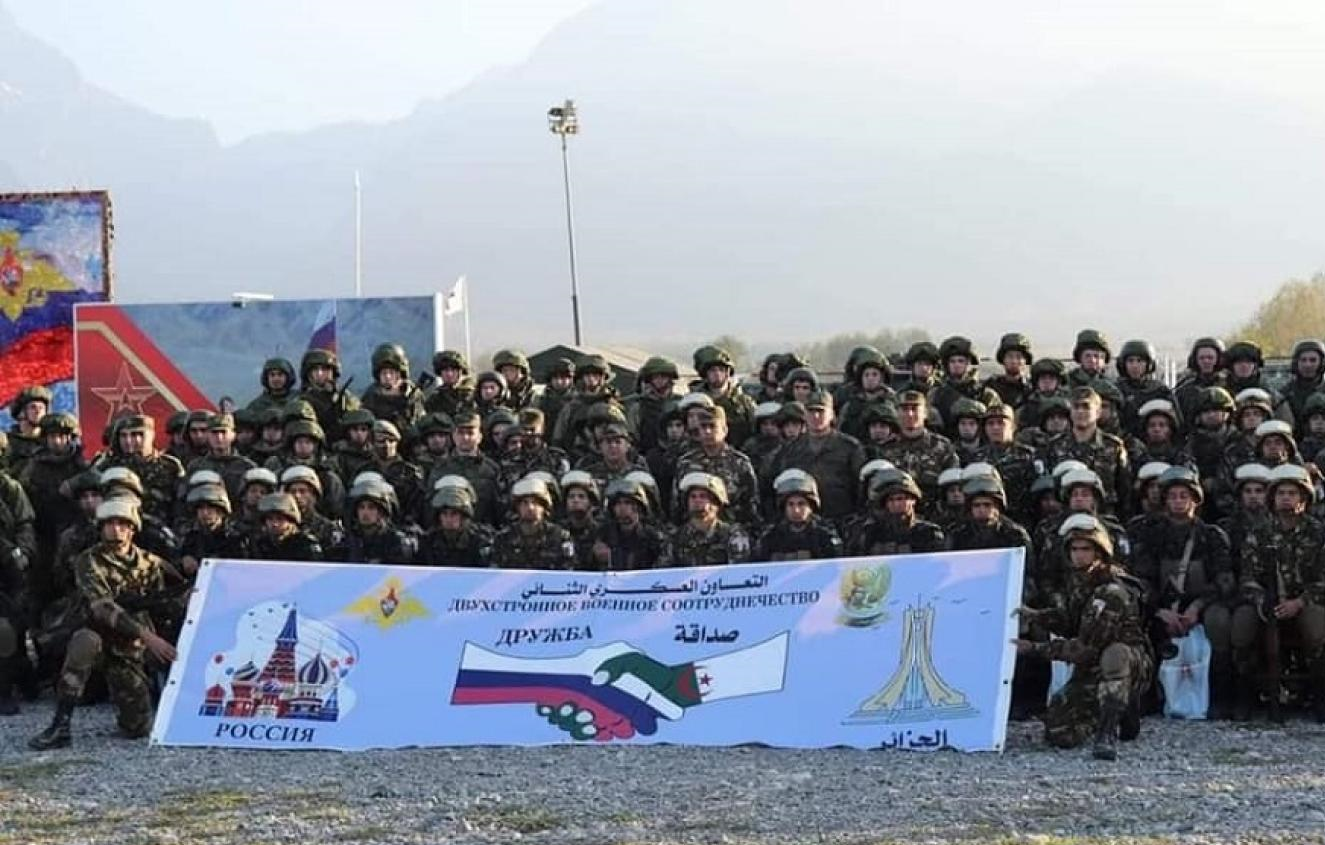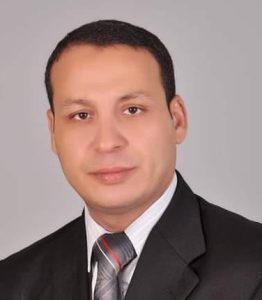The recent visit of a Russian military delegation to Algeria on September 16th has raised numerous questions about its implications and its impact on military relations between Algeria and Russia. This is especially significant because the delegation included Russian General Sergei Surveikin, who had been relieved of his position due to his involvement in the Wagner Group’s rebellion on June 23rd of the previous year. The visit occurred three weeks after another Russian military delegation visited Libya on August 22nd, suggesting that Russia may be reevaluating its military relations with certain countries and its level of involvement in post-Wagner crisis situations following the death of their leader, Yevgeny Prigozhin, on August 23rd.
Multiple Implications
Several implications can be discerned regarding the Russian delegation’s visit to Algeria amid various international and regional political and security developments:
- Reforming Wagner Group’s Roles: It seems that the inclusion of Russian General Sergei Surveikin in the delegation visiting Algeria is linked to a new and covert security mission. This mission likely involves supervising the Wagner Group, as the Russian government is currently assessing the future leadership and involvement of this group in various crises in specific African countries. This possibility gains significance given the timing of the visit, shortly after the former leader of the Wagner Group, Yevgeny Prigozhin, was killed, and shortly after Surveikin himself was relieved of his position as the head of the Air and Space Forces. Surveikin had expressed opposition to the rebellion and called on the group’s members to refrain from participating.
The decision to remove Surveikin from his position had sparked widespread debates within Western countries concerned about the developments in the Russian-Ukrainian conflict. This raised questions about the reasons behind his removal and its potential impact on the cohesion of the Russian military establishment. It appears that Moscow has sought to address these concerns by assigning Surveikin new responsibilities and appointing him as the head of the air defense committee within the Commonwealth of Independent States, which consists of Russia and eight other former Soviet states.
- Strengthening Bilateral Relations: Numerous reports indicate that one of the primary objectives of the Russian delegation’s visit to Algeria is to discuss a new arms deal. This is particularly significant because Algeria stands as one of the largest importers of Russian weaponry. Consequently, the visit aims to bolster military cooperation with Algeria at a time when the country is actively seeking to enhance its military capabilities with Russian arms, especially given recent regional developments. Notably, the Russian delegation’s visit follows previous visits by Algerian military officials to Russia, including General Said Chengriha, the Chief of Staff of the People’s National Army, who visited Moscow on July 31st last year. During these visits, discussions were conducted with Russian officials on ways to strengthen military cooperation between the two parties.
- Increasing French-Russian Competition: The Russian delegation’s visit to Algeria occurs in a context where France faces several challenges in maintaining its influence in neighboring countries. For instance, in Niger, a military coup opposing French influence took place on July 26th last year. In light of these developments, Russia aims to capitalize on the various negative repercussions affecting France’s position and seeks to enhance its presence in the region. This aspect appears to have been a focal point of the discussions held by the delegation in Algeria. Notably, Algeria took a stance opposing military intervention in Niger to reinstate President Mohamed Bazoum, emphasizing the necessity of a diplomatic solution to the crisis—a stance that did not align with Paris’s objectives.
- Strengthening Coordination in the Sahel Region: Algeria’s position regarding the military coup in Niger, which did not support the threats made by many countries, including France, of possible military intervention to end the coup, has garnered special attention from Russia. Some reports even suggested that Algeria initially denied France the use of its airspace for a military operation in Niger before subsequently retracting that denial. In this context, Russia perceives an opportunity to leverage Algeria’s stance to enhance coordination between the two countries in dealing with the rapidly evolving developments in the Sahel region, particularly in Niger.
- Strengthening Influence in Libya: Algeria places a particular emphasis on enhancing stability in its western neighbor, Libya. However, its approach to recent developments has occasionally drawn criticism for its handling of actions taken by the Libyan National Army under the leadership of Marshal Khalifa Haftar. In contrast, Russia has cultivated strong relations with Haftar and seeks to fortify its presence as an influential player that cannot be overlooked. This is especially noteworthy given the ongoing process of reshaping security and political arrangements in Libya, which faces significant challenges due to extensive disagreements among Libyan political factions and regional actors regarding the path towards concluding the transitional phase and achieving critical political milestones such as presidential elections. Hence, both Moscow and Algeria appear to recognize the significance of expanding their cooperation concerning events in Libya. This helps explain Algeria’s interest in hosting a Russian military delegation shortly after another military delegation visited Libya just three weeks ago.
Continued Strategic Moves
In conclusion, it is likely that Algeria will continue its regional and international maneuvers in the coming period. This includes expanding its bilateral cooperation with key international powers such as China and Russia, as well as bolstering its involvement in various issues of special security and strategic importance for Algeria. Chief among these are the escalating political and security crisis in Libya, the ongoing repercussions of the military coup in Niger, and the deepening conflict within Mali between the government and Tuareg movements.


